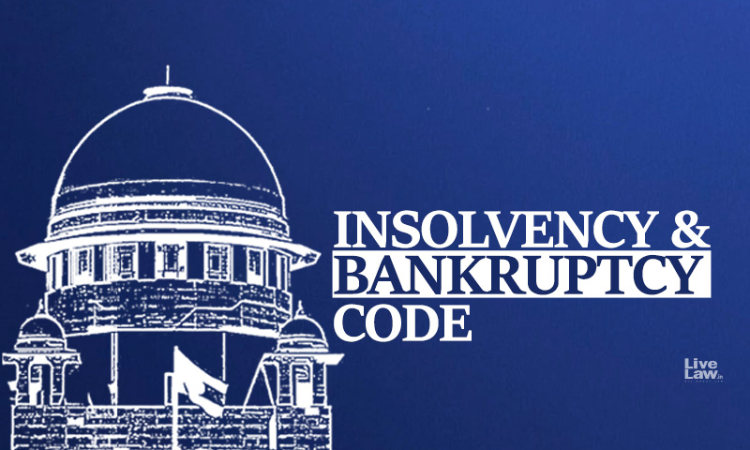IBC | For Rejection Of A Resolution Plan Under Section 31(2), NCLT Must Pass A Reasoned Order: Supreme Court
Pallavi Mishra
30 Nov 2023 12:36 PM IST

Next Story
30 Nov 2023 12:36 PM IST
The Supreme Court has held that when the National Company Law Tribunal (“NCLT”) exercises its power under Section 31(2) of the Insolvency and Bankruptcy Code, 2016 to not approve a resolution plan, then a reasoned order must be passed. It was emphasized that recording of cogent reasons while passing an order is the duty of Courts and Tribunals.The Supreme Court has set aside an order...
